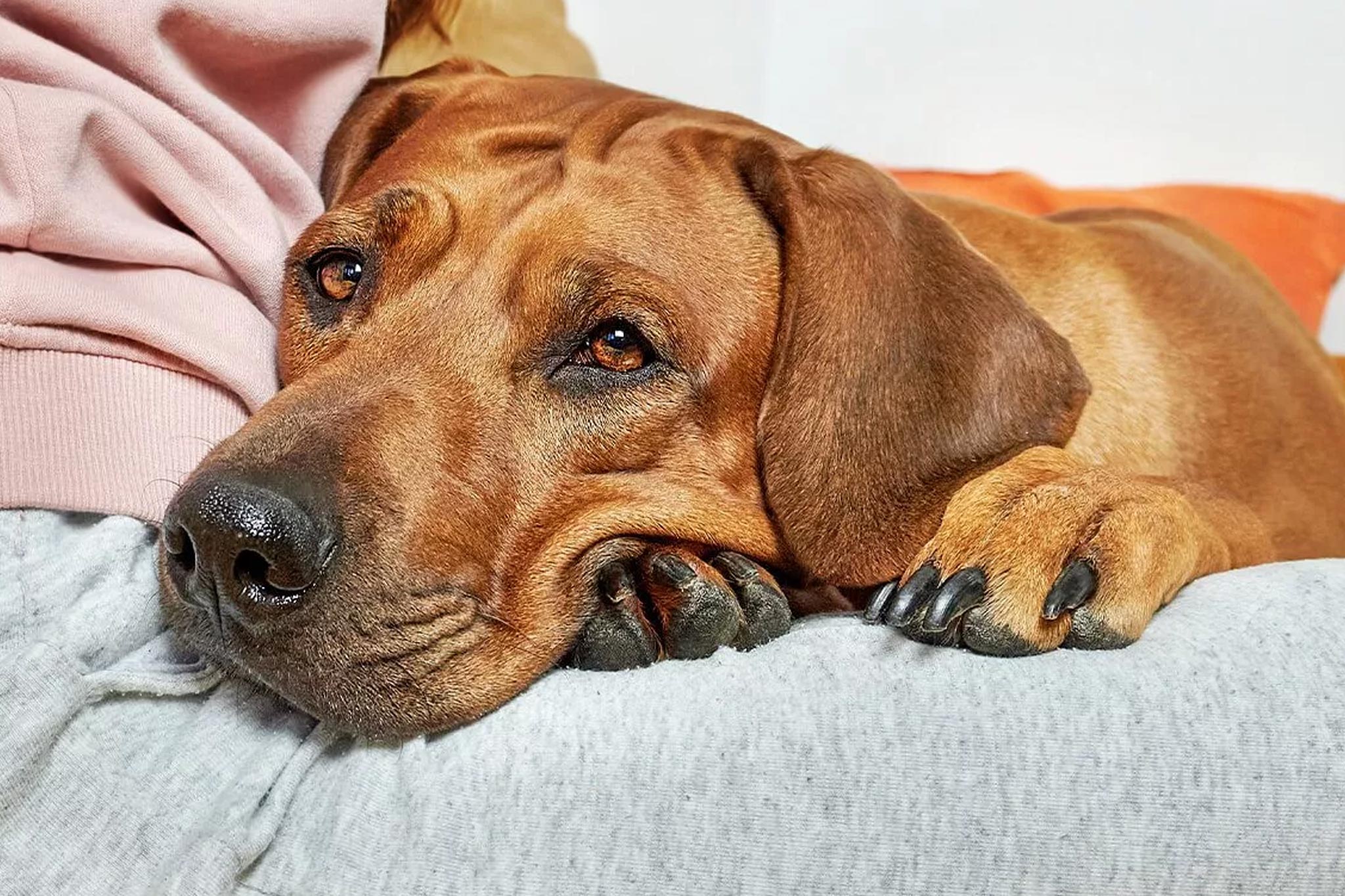Dog Diarrhea in Canton, GA: 5 Causes and How to Help Your Pet
Diarrhea is a runny stool that creates a mess for pet owners and discomfort for poor dogs. Typically, diarrhea is a symptom of an underlying condition. While this is the case, it is usually nothing to worry about. While it can be uncomfortable for your furry friend, it seldom causes trouble. Although this is true, you should try and prevent and help your pet when they are suffering from dog diarrhea.

Possible Reasons for Dog Diarrhea
Before you can help your dog with their digestive problems, you need to at least highlight or exactly understand what the cause is. Listed below are five common causes of dog diarrhea.
1. Anxiety or Stress
The stomach and the stress hormone cortisol are tightly linked together. That is why it is not a surprise that if your dog is feeling stressed or anxious, they are likely to develop diarrhea. There are many reasons why your dog is stressed.
Our friendly little family members take time to adjust to their new home. If you have recently adopted a dog, it is likely that they have diarrhea because they are nervous and still getting accustomed to their new home.
What can you do to relieve stress? If your dog has digestive problems because of stress, you can relieve the feelings by providing your furry friend with their own comfort corner. Choose a calming area in your home and place their bed, a piece of your clothing, and a toy in the spot. This way, your dog can self-soothe, which decreases diarrhea they produce out of nervousness.
2. New Dog Food
Sometimes dogs simply react to new dog food. If you have recently purchased your dog a new type of food or a new brand, their stomachs may take time to get used to it. Not all dog foods are made the same way. Like humans, dogs cannot switch their diet around too quickly without causing some kind of digestive discomfort.
It is also likely that your new dog food is not made with high-quality ingredients. If the new food is cheaply made dog food, the majority of the ingredients are actually starch, vegetables, and processed sugars. Starches are the hardest thing for dogs to digest! They are heavy food items that take a long time to pass through your dog’s system.
A way to help your dog cope with new food is to slowly add the new food into their diet. Instead of immediately adding new food to their bowl, mix in the new food with the old food. This way, their stomachs can expand and get used to the new ingredients and flavors. If not, you may be cleaning up dog diarrhea for a little while longer.
3. Eating Oily Processed Foods
Dogs should not be eating human foods, especially if they are oily or processed. Oil is hard enough for us humans to digest. Dogs that consume oil can develop diarrhea amongst other stomach and digestive health problems.
Processed foods are tough on your dog’s stomach, especially if they are a dog with a short or flat face. Dogs with a flat face and short esophagus struggle to eat and keep down their food because of their size. Their esophagus is too short, and any food that does not agree can deal with indigestion or rise up. If your dog has diarrhea, there is a good chance they are also throwing up.
4. Ingesting Foreign Objects That Are Not Edible
Sometimes our dogs find food that they are not supposed to eat and eat it anyway! If your dog has runny diarrhea that does not stop, it could be because the dog ate an object that is inedible.
There are many stories that veterinarians have where they had to help dogs pass items like toys, rubber bands, and even instrument pieces. This is actually very serious! If you suspect that your dog has ingested a piece of an object that is not edible, you should take them to Riverstone Animal Hospital immediately where the veterinarian may recommend an endoscopy. If the object is metal, you need to take your dog with urgency. Metal pieces like screws are sharp and can harm your dog’s stomach or digestive lining on its way out.
5. Overheating and Exhaustion
Dogs that are prone to overheating and exhaustion can also produce diarrhea. This is especially common in dogs with long hair that are more suitable for cold climates. Also, dogs with short snouts and flat faces have trouble cooling themselves down because they cannot pant for long.
If you take your dog on a walk on a hot day, they are likely to suffer from heat exhaustion quickly. If this is the case, they may begin to urinate and defecate outside until there is nothing left. Your dog, when they overheat, will try to dispose of all the waste in their stomach and bowels, which typically looks like diarrhea.
If you want to help your dog in this situation, you can give them water, space, and shade. Be careful taking your dog out while the sun is beating down, especially if they have trouble cooling themselves. Diarrhea could be the least of your worries if your dog overheats.
Preventing Diarrhea in Dogs
If you would like to prevent your dog from having diarrhea, you need to make a few lifestyle changes, especially to their diet. Usually, the causes of diarrhea are dietary changes or a poor diet. Since dogs have delicate stomachs, they need a diet filled with rich nutrients and proteins that your dog can digest easily. Veterinarians recommend providing dogs with high fiber and high protein diet with natural vegetables and fruits.
All in all, diarrhea is never fun to have to clean up. It is easier to simply prevent your dog from having diarrhea than to help them feel better. It is hard to see your dog suffer and feel pain from indigestion, but it is common. Thankfully, diarrhea is not something pet owners should worry about. All dogs, at one point, will have diarrhea.
To talk with a Riverstone Animal Hospital veterinarian about your dog call (770) 479-7141 or book an appointment online!
